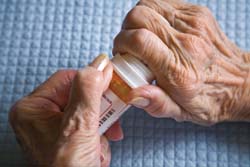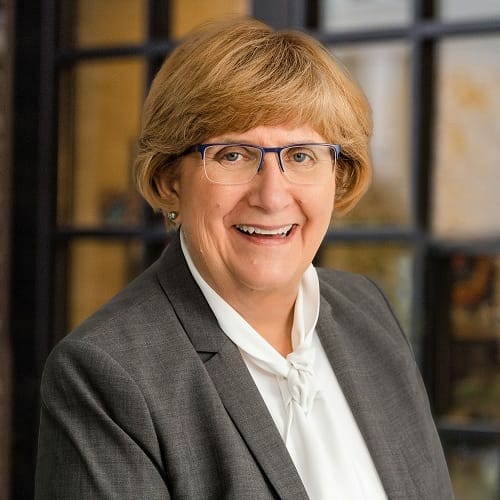
Many of our elderly quietly endure pain on a daily basis. They make excuses from their pain or deny they are in pain to their family members or caregivers. Pain should not disrupt your daily activities or diminish your quality of life. And caregivers need to be vigilant and watch for signs of pain in their loved ones.
If you or your loved one is experiencing acute or chronic pain, do not ignore this warning sign. Consult with your physician and let them know your symptoms and concerns. Pain management can lead to a better quality of life and greater comfort.”
Myth #1: Pain is a normal part of aging
To set the record straight, pain is not a normal part of aging, but it can often go untreated or managed ineffectively. In fact, pain can be a warning sign that something is wrong and should not be ignored. It is also important to recognize that older adults may display different signs and symptoms of pain, including loss of appetite, fatigue, depression, inability to sleep, restlessness, aggression, and delirium. Many older adults have three or more chronic health conditions, and many of these can be the source of pain. This puts this elderly population at a greater risk of pain severity.
Myth #2: Older Adults perceive pain to a lesser degree
Many people believe that pain sensitivity decreases with age and changes in cognition. In some cases, older adults have higher pain thresholds and a higher tolerance to pain. This can be dangerous because it makes them more vulnerable to unrecognized pain and loss of pain as a warning sign. Because these elderly groups differ so greatly, these groups are more likely to experience severe pain and pain treatment disparities.
Myth #3: If you don’t complain, you must not be in pain
If your loved one does not complain about pain, it does not necessarily mean they aren’t in pain. Some elderly loved ones are embarrassed to admit they are in pain or don’t want to be a nuisance. Some may deny pain to show courage or to avoid treatment and a visit to the doctor. Some may feel ignored or misunderstood when they express their pain. And some elderly with memory loss, brain damage, or stroke may not be able to express their level of pain clearly to a caregiver.
Myth #4: Pain Medication Leads to Addiction
Managing pain in the elderly population is an ongoing challenge. The difficulty in assessing the intensity of pain due to cognitive issues and multiple chronic conditions contributes to the under-treatment of pain in the elderly. Many patients fear they will become addicted and may not report their pain to their physician. But when appropriately prescribed in a dose sufficient to relieve the pain, there is no indication it will result in addiction. Don’t let fear stop you from treatment.
